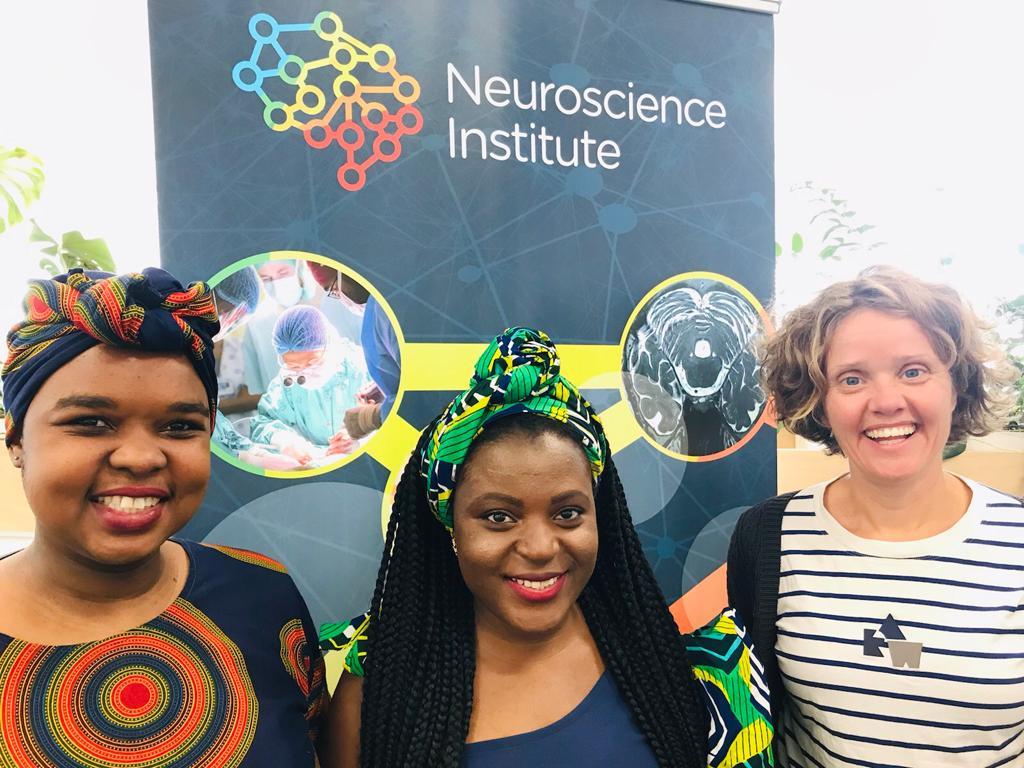Cultural diversity is crucial for African neuroethics

Mental illness contributes a huge proportion to the global burden of diseases. However, it’s belief systems and theoretical framework are almost solely provided for by the Global North. There are significant demographic, geographic, and economic differences between Africa and the countries where theories of mental illness have been formulated. Concepts of mental health are influenced by local belief, ethnolinguistic systems, and socio-economic factors within a community. Therefore, in order to effectively study mental illness, researchers need to become culturally competent, practise cultural humility, and engage in bidirectional relationships with local community members as partners in research.
There are a number of critical learnings to consider in order to engage in ethical research. Firstly, it’s important to acknowledge that different cultures define personhood differently. This is particularly true in sub-Saharan Africa where personhood is conceptualised through the connection with others – family, community, ancestors, God, or clan deities. Many scholars have suggested adopting an ‘African-communitarianism’ approach when engaging local community members and when evaluating the likely success of interventions.
Secondly, the importance of metaphysical forces in African understanding of illness is important to note. Over 50% of Africans first consult a traditional or spiritual healer for mental health concerns before seeing a biomedically trained individual. Researchers need to engage with people’s multi-modal health-seeking process in a respectful and open-minded way, while being able to provide accurate information and guidance in the field of innovative neuroscientific advancements.
Thirdly, most mental health interventions are based on concepts with English origin – for which accurate translations just simply don’t exist. Cultural humility entails recognising this issue, whereas cultural competence refers to finding culturally appropriate ways to deliver the intervention. Involving mental health professionals from the same language background will allow for the data to be collected in the local language. Resulting in richer, and more ecologically valid data.
Fourthly, we need to consider how cultural beliefs will influence the implementation of neuroscientific technologies. This is important because cultural beliefs vary globally, which may influence what is ethically acceptable in different communities. Therefore, it is important for researchers to be constantly on the ground, engaging with the community as key research partners. Without careful consideration of ethical differences, there is a risk of fuelling mistrust for science and researchers which will in the end decrease the effectiveness of interventions aimed to help communities.
Fifthly, there is an exciting amount of new and promising neuroscientific research being done in Africa, including that being done at the Nueroscience Institute at the University of Cape Town. The next step would be to establish an African neuroscience consortium. An African consortium could lead to a multidisciplinary contribution to both local and international discourses – where mental health, neuroscience, philosophy, ethics and other relevant fields all congregate, deliberate, lead, and share strategies for research in the field.
Finally, funding is needed to grow the consortium and more broadly to foster an academic environment where mental health, neuroscience, and neuroethics researchers are able to develop cultural competence and cultural humility. Currently, there are no neuroethics programmes in Africa. Addressing this gap in neuroethics is important, considering the rapid growth in local neuroscience.
Putting the field of neuroscience aside, we should be asking questions such as “how could culture come into play in this research design or in the way in which people with this condition perceive their mental illness?” the paper says. Through learned cultural humility and competence we should strive to create opportunities for bi-directional engagement, be open-minded, inclusive, aware of cultural nuances and strive for authentic sharing of ideas and views among African people, African scientists, healthcare professionals and the global scientific community. Adopting such an ethos will go a long way to ensuring equal mental health care and access for all people.